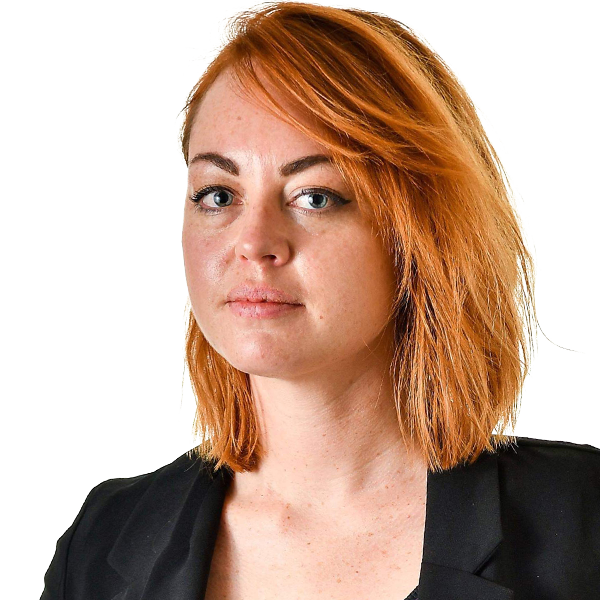Stop searching for meaning – the truth about our dreams is right in front of us

The painstaking task of looking for hidden meaning in our dreams might be over – and it turns out the meaning could have been right in front of us all along.
Tired of laboriously recording, collating and analysing patients’ dreams, a team at Nokia Bell Labs in Cambridge created an algorithm to do it for them.
The algorithm is based on the increasingly accepted concept of ‘continuity hypothesis’, which basically says what we do, see and experience during our waking hours continues in our dreams.
The project, led by computational social scientist Luca Maria Aiello, pooled together 24,000 dream reports from a range of people and scored them through a system popular with sleep psychologists.
The algorithm works by breaking down the language of dream reports into paragraphs, sentences and eventually words, which are then (through a few more steps) tagged as positive or negative, with further subcategories within that.
When researchers compared the scoring done by the machine, to the scoring done by psychologists, there was a 75 per cent matching rate.
So how does this help the everyday man?
Psychologists could use the tool – which you can play with online here – comparing the results of dreams from patients, to dreams of a mentally healthy person.
It will help to quickly identify unusual dreams and could lead to a quicker assessment for any serious stressors or mental health triggers.
Days continue in the dark
Part of the study was also to measure how valuable the ‘continuity hypothesis’ theory is – the researchers created five ‘characters’ that showed specific links between the subject’s waking life and their dreams.
For example, there was a teenage schoolgirl, whose days are filled with the anxiety that’s unique to one’s teen years. Her dream patterns reflect this.
Then there was the returned war veteran, whose post-traumatic stress disorder presented as above-average aggression in the dream charting.
“Dreams tell us not only about what we have done today, but also about who we are,” researcher Dr Aiello told Science Mag.
Dr Aiello and his team hope to refine the algorithm further so it can be used by sleep psychologists complementary to their work.
Who knows, they say, an app could even be on the cards.
“This might be interesting for you to understand better your own life and psyche,” Dr Aiello said.








